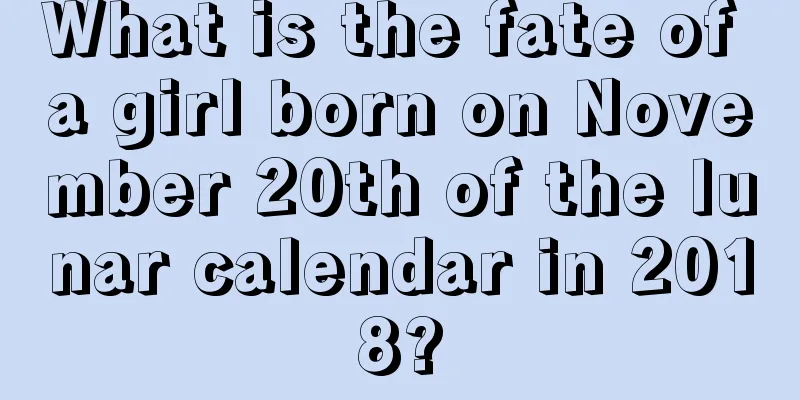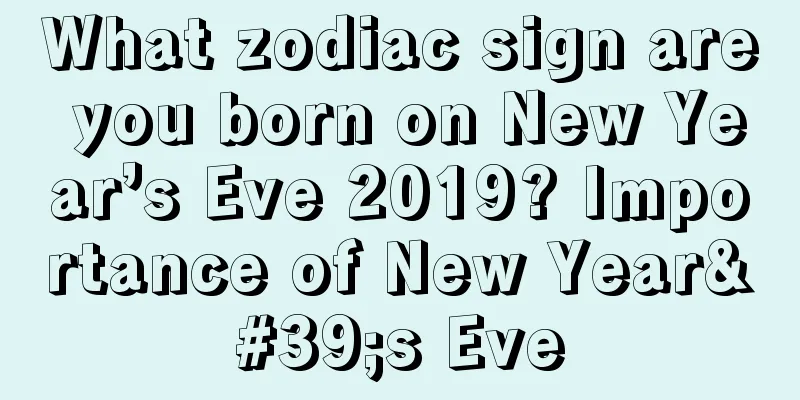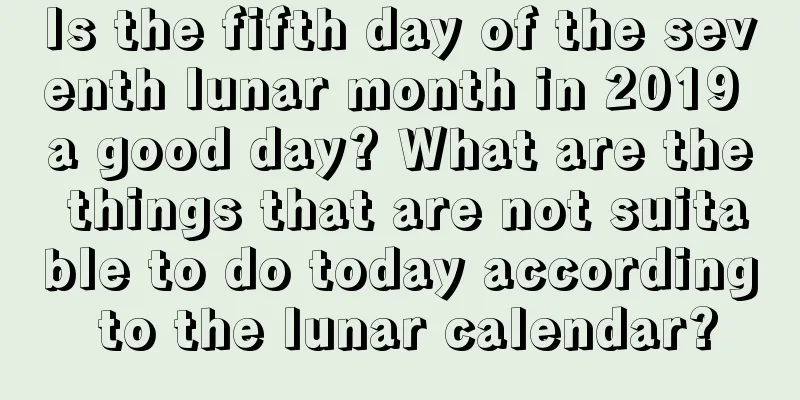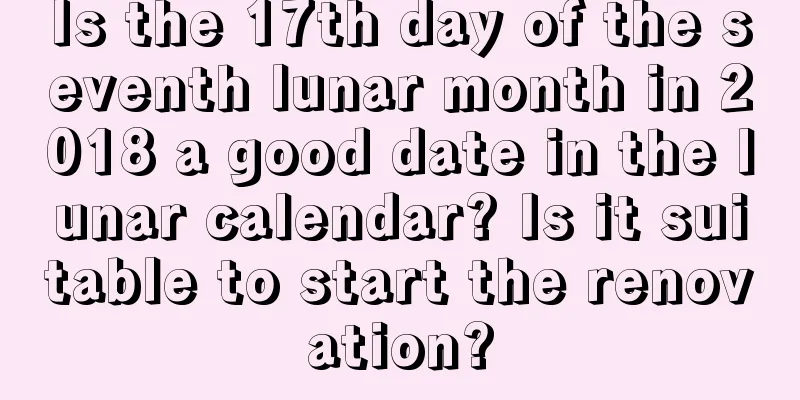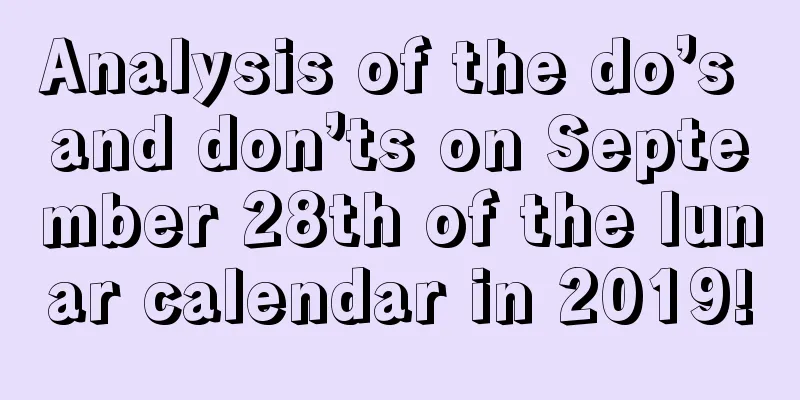When is the Grain in Ear Festival in 2021? Is Grain in Ear the season for harvesting wheat?

The scorching sun takes off its clothes, and the plum rain swells the willow pond. The bright sunshine during Grain in Ear Festival. Do you want to know more about Grain in Ear Festival? The fourth month of the lunar calendar has already entered summer, and the temperature has begun to rise slowly. Let’s take a look at the special content of Shuimoxiansheng.com in April of the lunar calendar.When is the Grain in Ear Festival in 2021?Grain in Ear in 2021 is on the lunar calendar: April 25, 2021; Gregorian calendar: June 5, 2021, Saturday. Grain in Ear is the ninth solar term in the twenty-four solar terms and the third solar term in summer. When the Big Dipper points to Si, the sun's ecliptic longitude reaches 75°, and the solar term falls on June 5-7 of the Gregorian calendar every year.Is Grain in Ear the season for harvesting wheat?Grain in Ear is a solar term that reflects agricultural phenological phenomena. Its literal meaning is "wheat with awns is about to be harvested, and rice with awns can be planted", so "Mangzhong" is also called "busy planting".Grain in Ear was mentioned in "The Book of Zhou": "Where the grass grows in the marsh, it is planted in Grain in Ear." It means that crops can be grown in places where there are overgrown weeds. In the Collection of Explanations of the 72 Solar Terms in the Lunar Calendar, Ye Zeng mentioned: "The May Festival is when the grains with awns can be planted." It means that the seeds of awned crops such as barley and wheat are ripe and it is urgent to harvest them. It is also the busiest season for sowing summer crops such as late rice, millet and sorghum, so it is also called "Mangzhong". In spring, we strive for days, and in summer, we strive for time. "Striving for time" refers to the busy farming season of harvest and planting. People often talk about the busy season of "three summers", which refers to the summer harvest, summer planting and summer management of spring-sown crops. Therefore, "Mangzhong" is also called "busy planting" or "busy planting". It is the busiest time for farmers to sow and go to the fields. The reason why Grain in Ear is called busy planting is because the temperature rises and the rainfall increases during the Grain in Ear season. Such unique climatic conditions are very suitable for both sowing and transplanting. Therefore, in agricultural production, on the one hand, the small-season cereals and grains have matured and must be harvested in time; on the other hand, we must seize the time to plant the main spring crops and transplant rice in time. Therefore, some people call "Mangzhong" "busy planting", indicating that this season is the busiest season for agricultural cultivation. There is a folk proverb that "if you don't plant during Grain in Ear, it will be useless", which means that by the time Grain in Ear comes, it is generally too late to sow spring crops such as corn, beans, and cotton, and they must be sown in time. Other crops such as flue-cured tobacco and sweet potatoes also need to be transplanted in time. Otherwise, if the season is missed, the yield will be seriously affected. Do you want to know your own Bazi? Want to figure out where your golden marriage is? Click on the [Premium Calculation] below to calculate your horoscope and fortune! |
>>: How is the second day of May 2021? Is it suitable for renovation and groundbreaking?
Recommend
Is the 18th day of the first lunar month in 2018 suitable for offering sacrifices?
Sacrifice is an important part of my country's...
Is it okay to open a business on the 23rd day of the twelfth lunar month, the day after the beginning of spring in 2020? What are the years without the beginning of spring?
Introduction: Generally, it is necessary to choose...
The fifteenth day of the first lunar month is the Lantern Festival. What customs do the Han people have for celebrating the Lantern Festival?
Introduction: The fifteenth day of the first lunar...
Is today, the Qingming Festival in 2020, a bad day? What can’t we eat on the Qingming Festival?
Introduction: Every day has its good and bad fortu...
Is it a good idea to open a new store on the first day of the twelfth lunar month in 2018?
Shui Mo Xiansheng website provides you with more ...
Is the fifth day of the second lunar month in 2019 a suitable date for decoration? Here are some key points to pay attention to when decorating!
Introduction: In our country's traditional cul...
Is it good for a baby girl to be born on the 14th day of the 12th lunar month in the year of Xinchou 2021?
Every parent is very concerned about the fate of t...
A detailed analysis of the fate and fortune of a girl born on the tenth day of October in 2020!
Introduction: Although everyone cannot choose the ...
Analysis of the fate and personality of a baby girl born on the 24th day of the twelfth lunar month in 2021
As the Chinese New Year approaches, the twelfth lu...
Is December 24th of the lunar calendar in the Gengzi year of 2020 an auspicious day for praying?
Traditional Chinese culture believes that blessing...
Feng Shui Tips for Successful Dating
Introduction: Originally, a date refers to an app...
The 14th day of the twelfth lunar month in 2017 is a good day in the lunar calendar.
What days in the twelfth month of the lunar calen...
Is it suitable to pick up a new car on the eighth day of July 2019, the beginning of autumn?
The Beginning of Autumn is the first solar term i...
What are the do’s and don’ts on the ninth day of the third lunar month in 2022? Can I get a haircut?
The third month of the lunar calendar is the third...
What is the lunar date of the 2019 Chinese New Year's Eve? What can't we do on Chinese New Year's Eve?
What date is the Little New Year's Eve in the ...

